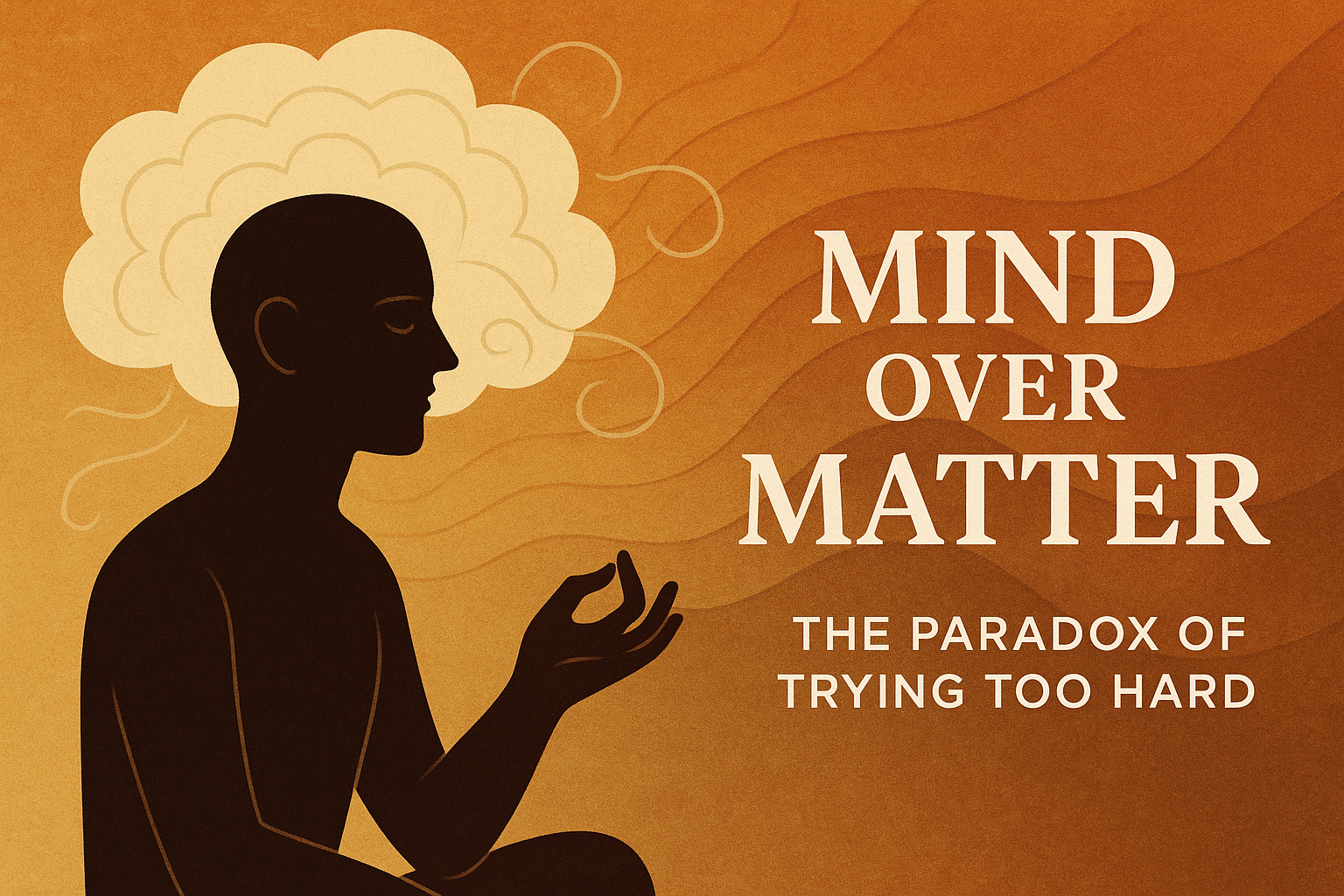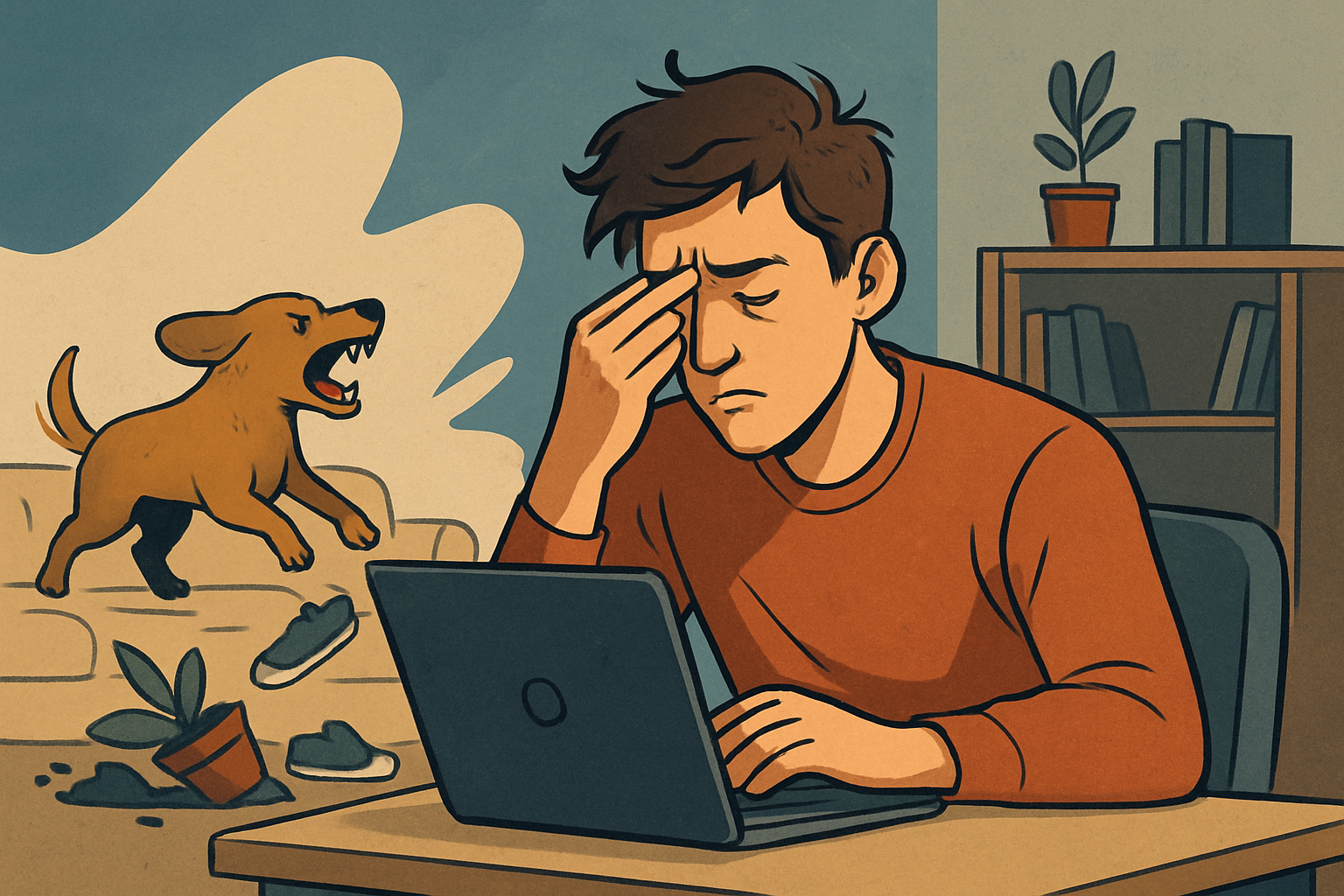Perfectionism vs. Greatness
Why the Drive for Perfection Holds Us Back

There’s a common misconception that perfectionism is the same as the desire to be great. At first glance, they seem connected—after all, doesn’t striving for perfection mean you’re aiming for excellence? However, perfectionism and greatness are driven by very different motivations, and understanding the distinction between the two is essential to breaking free from the constraints of perfectionism and unlocking your true potential.
The Difference Between Perfectionism and Healthy Striving
While both perfectionism and greatness involve a drive to improve, their underlying motivations are very different:
- Healthy striving for greatness is motivated by a genuine desire to grow, learn, and achieve mastery. It recognizes that the journey is valuable, even if the outcome isn’t flawless.
- Perfectionism, on the other hand, is often driven by fear of failure, criticism, or rejection. It focuses on avoiding shortcomings rather than embracing the process of growth, leading to a paralyzing self-criticism and a fear of making mistakes.
Healthy striving is focused on progress, whereas perfectionism is fixated on the outcome—and anything less than perfect is viewed as unacceptable.
The Roots of Perfectionism: Fear of Inadequacy
At its core, perfectionism stems from a fear of not being enough. There’s often an underlying belief that if something isn’t perfect, it reflects personal inadequacy. This leads to a cycle of overwork, stress, and anxiety, as perfectionists seek to meet impossible standards to feel worthy.
This differs from the pursuit of greatness, which is about internal growth. When you’re striving to be great, you know that your worth isn’t tied to the outcome, and you’re willing to take risks and make mistakes to get better. Perfectionism, by contrast, is about avoiding failure and seeking external validation, which limits creativity and potential.
The Trap of All-or-Nothing Thinking
Perfectionism often involves all-or-nothing thinking—where anything less than perfect is seen as a complete failure. This mindset makes it difficult to take risks, experiment, or put yourself out there because the stakes feel impossibly high.
On the other hand, striving for greatness allows for flexibility. It acknowledges that mistakes and failures are part of the journey and that growth comes through learning from those experiences. Greatness isn’t about being flawless; it’s about continuous improvement.
The Emotional Toll of Perfectionism
While the pursuit of greatness brings a sense of fulfillment and progress, perfectionism often leads to feelings of inadequacy and burnout. Even when a perfectionist achieves something close to perfect, they often feel unsatisfied because the motivation wasn’t about growth—it was about avoiding failure.
Perfectionism can also lead to a fear of starting new projects or putting creative ideas into action because of the overwhelming pressure to get everything right on the first try. This keeps many people stuck, unable to move forward or take risks.
Shifting from Perfectionism to Healthy Striving
If you recognize perfectionism in yourself, it’s possible to shift toward a healthier, more productive mindset.
Here’s how:
Embrace Mistakes as Part of the Process
Perfectionism sees mistakes as evidence of failure, but in reality, mistakes are crucial for growth. Allow yourself to make mistakes and learn from them—they are stepping stones to mastery, not signs of inadequacy.
Focus on Progress, Not Outcomes
Rather than aiming for a perfect result, focus on how you’re evolving through your efforts. Progress is a better measure of success than any single outcome.
Practice Self-Compassion
When things don’t go as planned, be kind to yourself. Instead of engaging in harsh self-criticism, remind yourself that no one is perfect, and everyone has setbacks. Self-compassion builds resilience and encourages you to keep going.
Reframe Failure as Feedback
Instead of seeing failure as a flaw, view it as feedback for growth. What can you learn from the experience, and how can it guide you toward improvement?
Greatness Comes from Growth, Not Perfection
Perfectionism isn’t about being truly great—it’s about trying to avoid the pain of feeling "not enough." True greatness comes when you allow yourself the freedom to grow, take risks, and learn from imperfections. When you let go of the need for perfection, you open yourself up to creativity, innovation, and the joy of continuous improvement.
By shifting from perfectionism to healthy striving, you can embrace the process of becoming great—knowing that mistakes, setbacks, and progress are all part of the journey.
Share









